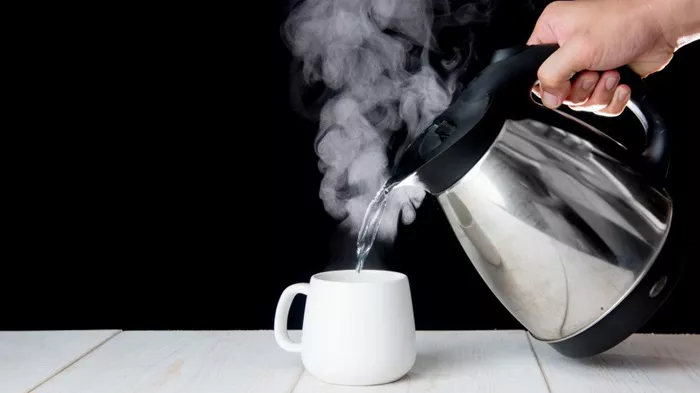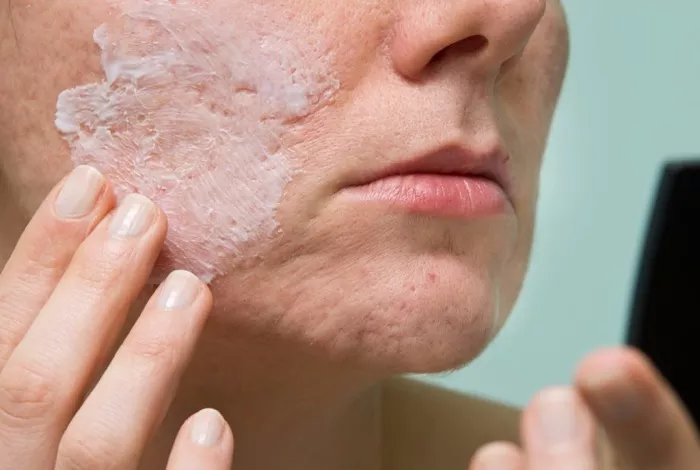Bipolar disorder is a serious mental health condition that is marked by extreme mood swings, including episodes of mania (high energy, excitement, and euphoria) and depression (low energy, sadness, and hopelessness). These mood shifts can have a significant impact on an individual’s ability to function, maintain relationships, or perform at work or school. Over time, bipolar disorder can become more severe or harder to manage for some people. Understanding what causes bipolar disorder to worsen is crucial for those who live with it and for their loved ones, healthcare providers, and communities to provide effective support.
This article explores various factors that can contribute to the worsening of bipolar disorder, including genetic predisposition, lifestyle choices, stress, and treatment adherence. It also delves into how these factors can interact with one another to increase the severity of the disorder and hinder recovery.
Bipolar Disorder
Bipolar disorder is generally categorized into two main types: Bipolar I Disorder and Bipolar II Disorder. Individuals with Bipolar I experience manic episodes that last at least seven days or require immediate hospitalization, and often they also experience depressive episodes. Those with Bipolar II experience hypomanic episodes (less severe than full mania) along with depressive episodes.
Symptoms of mania and hypomania can include excessive energy, grandiosity, decreased need for sleep, racing thoughts, impulsive behavior, and risky actions. Depressive episodes are marked by feelings of sadness, hopelessness, loss of interest in previously enjoyable activities, fatigue, trouble concentrating, and thoughts of death or suicide.
While the exact cause of bipolar disorder is not fully understood, it is generally accepted that a combination of genetic, biological, and environmental factors plays a role. The interplay between these factors can influence the severity of symptoms and how they manifest over time.
Genetics and Family History
Hereditary Factors
A significant factor that can contribute to the worsening of bipolar disorder is genetics. People who have a family history of bipolar disorder are more likely to develop the condition themselves. Research has shown that first-degree relatives (such as parents or siblings) of individuals with bipolar disorder are at a higher risk for developing the disorder, suggesting a strong genetic link.
However, the genetic component of bipolar disorder is not fully understood. It is likely that multiple genes interact with environmental factors to increase the risk of developing the disorder. Some researchers believe that certain gene mutations may affect the regulation of neurotransmitters in the brain, which could contribute to mood instability.
Family History and Early Onset
Family history plays a role not only in the likelihood of developing bipolar disorder but also in how the disorder progresses. Those who develop bipolar disorder at a young age, particularly before the age of 18, may experience more frequent and severe episodes. A family history of early-onset bipolar disorder can increase the risk of experiencing early and more intense mood swings, which can worsen the overall course of the illness.
Biological Factors and Brain Chemistry
Neurotransmitter Imbalance
The imbalance of neurotransmitters—chemicals that allow communication between brain cells—has long been implicated in bipolar disorder. Specifically, imbalances in serotonin, dopamine, and norepinephrine may play a role in the intense mood shifts experienced by individuals with bipolar disorder.
When these neurotransmitters are out of balance, the brain’s ability to regulate mood, behavior, and cognition can be compromised. The treatment of bipolar disorder typically focuses on correcting these imbalances through medications such as mood stabilizers, antipsychotic drugs, and antidepressants. However, if an individual with bipolar disorder fails to adhere to their treatment plan, or if the treatment is ineffective, it can lead to worsening symptoms.
Structural and Functional Brain Abnormalities
Research suggests that individuals with bipolar disorder may have certain structural and functional differences in their brains compared to those without the disorder. Imaging studies have shown that people with bipolar disorder may have alterations in the size and activity of certain brain regions, including the prefrontal cortex, amygdala, and hippocampus. These areas are involved in emotion regulation, decision-making, and memory.
These brain abnormalities may contribute to the difficulties individuals with bipolar disorder experience in managing their emotions, which can lead to more severe mood episodes. Over time, if these brain changes go untreated, they could potentially exacerbate the severity of the disorder.
Environmental Triggers
Stress and Trauma
Stressful life events are among the most significant environmental factors that can cause bipolar disorder to worsen. A sudden life change, such as the death of a loved one, a divorce, or financial difficulties, can trigger mood swings or exacerbate existing symptoms. For some individuals, these stressors may act as a catalyst for the onset of a full-blown manic or depressive episode.
Furthermore, traumatic experiences, especially during childhood, can have long-lasting effects on mental health. Those who have experienced abuse, neglect, or other forms of trauma are more likely to develop mood disorders, including bipolar disorder. The emotional distress caused by trauma can increase the frequency and severity of mood episodes, making the disorder harder to manage.
Seasonal Changes and Circadian Rhythm Disruptions
Changes in seasons and disruptions to the body’s natural circadian rhythm can also play a role in worsening bipolar disorder. Some individuals with bipolar disorder experience shifts in mood in response to seasonal changes, a phenomenon known as Seasonal Affective Disorder (SAD). The onset of winter, with shorter days and reduced sunlight, may trigger depressive episodes, while summer months may increase the likelihood of manic episodes due to longer days and increased activity.
Disruptions to sleep patterns and circadian rhythms, whether caused by shift work, jet lag, or insomnia, can further exacerbate symptoms of bipolar disorder. Lack of sleep can trigger manic episodes, while poor-quality sleep can worsen depressive symptoms.
Medication Non-Adherence
Importance of Consistent Medication Use
Medication adherence is critical in managing bipolar disorder. Failure to take prescribed medications consistently or properly can lead to worsening symptoms and increased frequency of mood episodes. Medications such as lithium, anticonvulsants, and antipsychotics work to stabilize mood by regulating brain chemistry, but they need to be taken regularly for maximum effectiveness.
One of the reasons why some individuals may stop taking their medication is the desire to feel “normal” again or fear of side effects. Some people may feel better during periods of mania or hypomania and believe that they no longer need medication. Unfortunately, this can lead to the onset of more severe manic or depressive episodes in the future.
Medication Changes and Interactions
Another potential factor contributing to the worsening of bipolar disorder is changes in medication. Switching medications, altering dosages, or taking medications that interact negatively with one another can destabilize mood. Additionally, some individuals may be prescribed medications that do not effectively address their symptoms, leading to inadequate treatment and worsening of the disorder.
Lifestyle Factors
Poor Sleep Hygiene and Irregular Routine
Sleep plays a vital role in the overall mental health of individuals with bipolar disorder. Irregular sleep patterns, such as staying up late or having an inconsistent sleep schedule, can trigger mood episodes. Bipolar disorder often affects sleep, and disturbances in sleep can lead to the onset of manic or depressive symptoms. Establishing a regular sleep routine is crucial for individuals with bipolar disorder to help prevent mood instability.
Substance Abuse
Substance abuse is another risk factor that can contribute to the worsening of bipolar disorder. Alcohol, drugs, and other substances can interfere with the brain’s chemistry and exacerbate mood swings. In particular, alcohol and recreational drug use can worsen depressive symptoms, while stimulants (e.g., cocaine or methamphetamine) can trigger manic episodes. The combination of substance abuse and bipolar disorder can create a vicious cycle, making it harder to manage both conditions effectively.
Poor Nutrition and Lack of Exercise
Diet and physical activity levels also play a role in mental health. Poor nutrition and a sedentary lifestyle can increase the risk of depression and fatigue, which can worsen symptoms of bipolar disorder. A lack of physical activity has been linked to higher rates of depression, while regular exercise has been shown to improve mood and overall well-being. Maintaining a balanced diet, engaging in regular exercise, and practicing stress management techniques can help individuals with bipolar disorder manage their symptoms more effectively.
Conclusion
Bipolar disorder can worsen due to a variety of factors, including genetic predisposition, biological abnormalities, environmental stressors, medication non-adherence, and unhealthy lifestyle choices. By understanding the factors that contribute to the progression of the disorder, individuals with bipolar disorder, their families, and healthcare providers can work together to create effective strategies for managing the condition and preventing its worsening.
Treatment for bipolar disorder should be comprehensive, incorporating both pharmacological interventions and psychosocial support. Therapy, support groups, lifestyle modifications, and consistent medication use are essential components of an effective treatment plan. By addressing these factors, individuals with bipolar disorder can reduce the impact of mood swings and improve their quality of life.
Related Topics

































